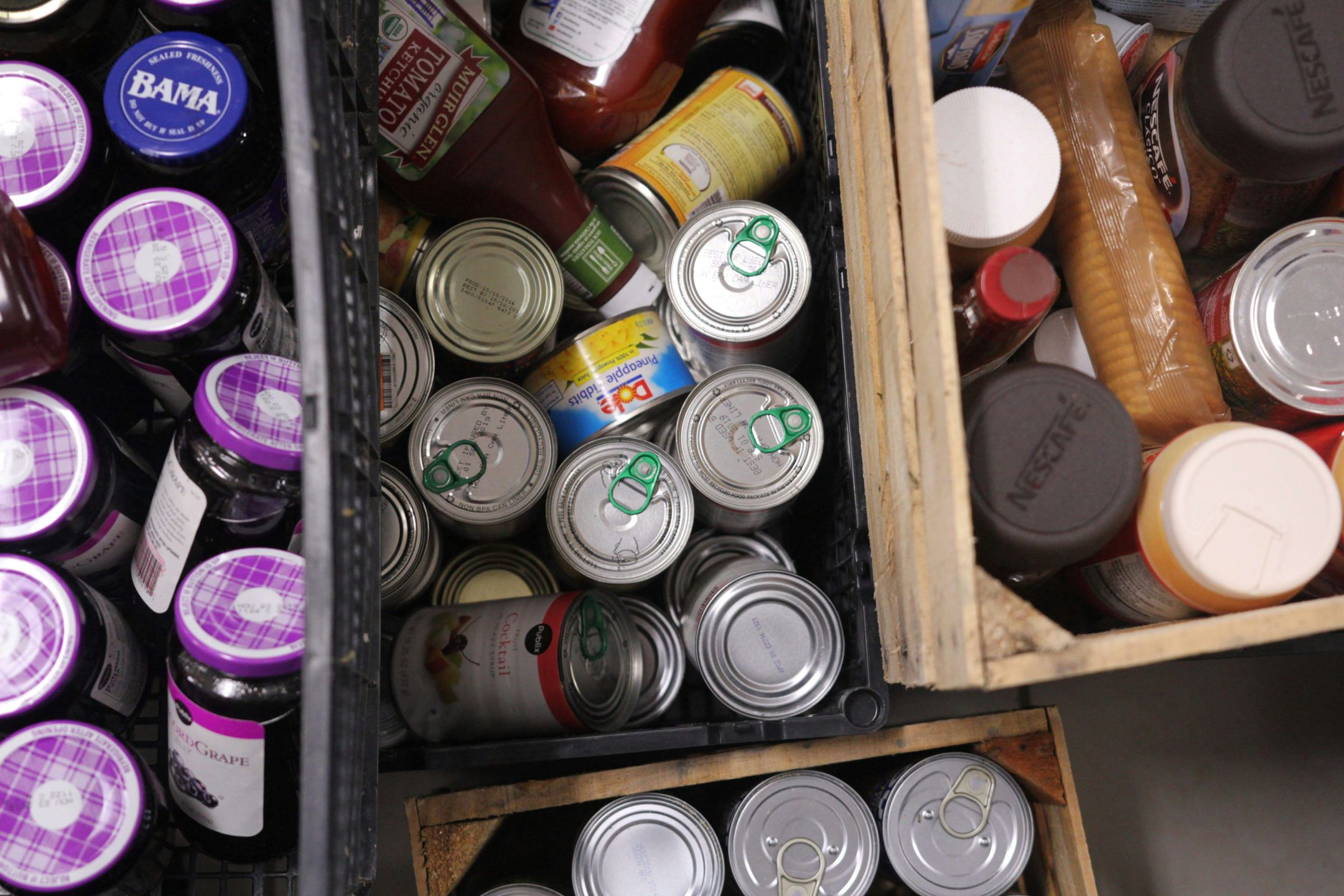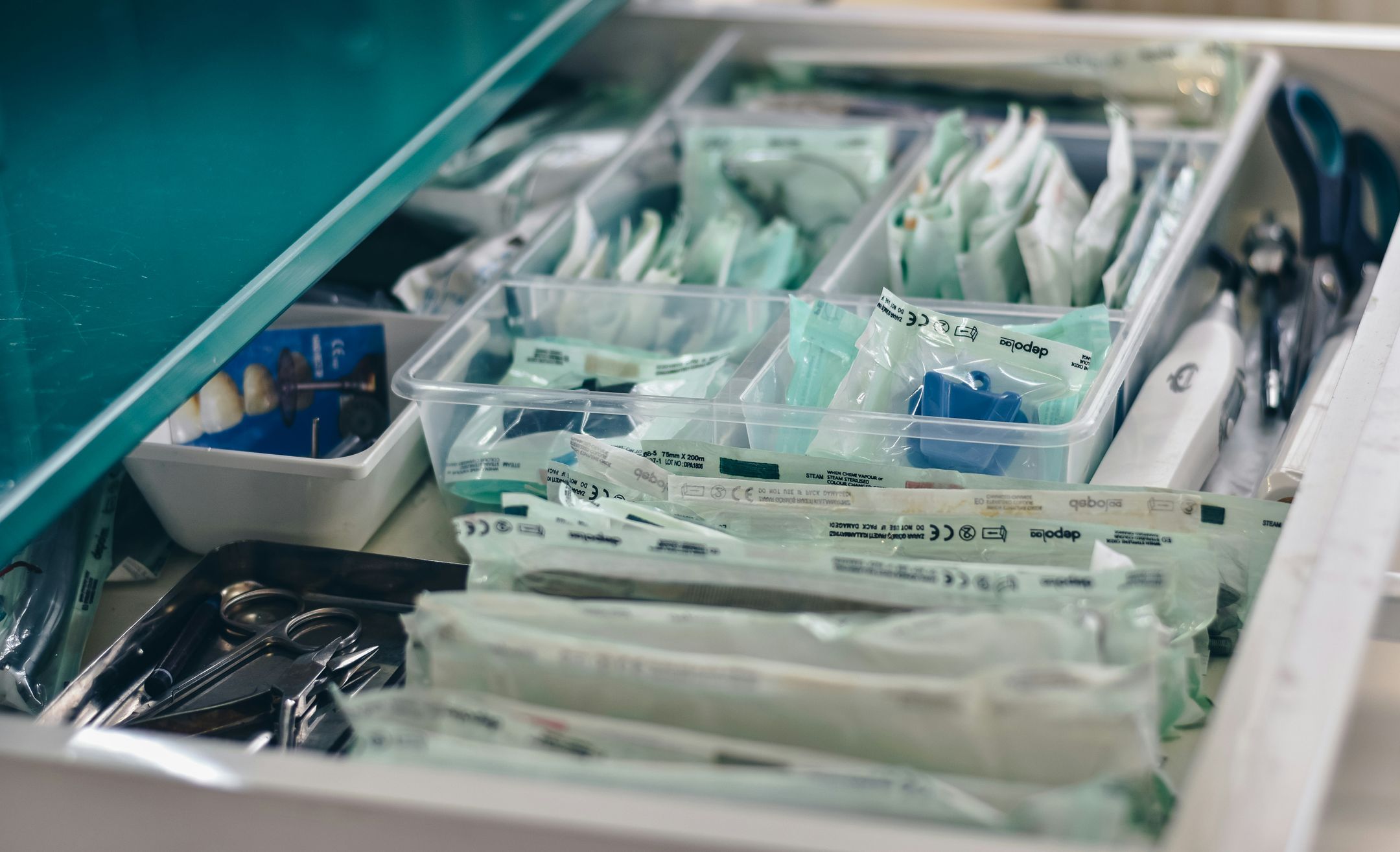
GET A QUOTE
What Should Be in a 72-Hour Emergency Bag?
When disaster strikes, whether it's a natural catastrophe, power outage, or civil emergency, every second counts. That’s why having a 72-hour emergency bag is one of the smartest steps you can take toward personal preparedness. This compact but powerful kit is designed to help you and your loved ones survive for at least three days without access to regular services or supplies.
If you’ve ever asked yourself, “What exactly goes into a 72-hour emergency bag?”, you’re not alone. In this guide, we’ll walk you through everything you need to pack, explain why each item matters, and help you feel confident that you’re ready, just in case.
What Is a 72-Hour Emergency Bag?
A 72-hour emergency bag, also known as a bug-out bag or go-bag, is a portable kit containing the essentials needed to survive for up to three days during an emergency. The 72-hour time frame is based on how long it typically takes for emergency services to respond and stabilize a situation.
Unlike a travel bag or camping backpack, a 72-hour emergency bag is focused purely on survival. It includes food, water, medical supplies, and tools for safety and communication. Whether you live alone, with family, or care for pets or elderly loved ones, having this kit ready and easily accessible is crucial.
Essential Items for Your 72-Hour Emergency Bag
Now let’s break down the must-have categories and specific items every 72-hour emergency bag should include:
Water and Food
- Water: Pack at least one gallon of water per person, per day—so three gallons per person is ideal.
- Food: Choose high-calorie, non-perishable items like energy bars, canned goods, freeze-dried meals, and ready-to-eat meal kits. Look for food with a long shelf life and minimal preparation requirements.
Food and water are the foundation of your 72-hour emergency bag. Without these, survival becomes difficult fast.
Medical Supplies
- A basic first aid kit with bandages, antiseptic wipes, gauze, and adhesive tape
- Pain relievers and anti-inflammatory medications
- Prescription medications (a minimum 3-day supply)
- Nitrile gloves, masks, and hand sanitizer for hygiene and infection prevention
Your 72-hour emergency bag should be equipped to handle minor injuries and urgent medical needs.
Tools and Survival Gear
- Flashlight with extra batteries or a crank-powered version
- Multi-tool or Swiss Army knife
- Emergency whistle
- Waterproof matches or a lighter
- Emergency blankets and rain ponchos
- Paracord or strong rope
Having the right tools in your 72-hour emergency bag can make a critical difference when navigating uncertain conditions.
Communication and Navigation
- Battery-powered or hand-crank radio (NOAA weather radios are ideal)
- Backup phone and portable power bank
- Printed map of your local area
- List of emergency contacts (laminated or waterproofed)
Staying informed and connected during an emergency is key—your 72-hour emergency bag should support that.
Personal Documents and Cash
- Copies of IDs, medical records, and insurance documents
- Family photos (to help reunite with loved ones if separated)
- Small denominations of cash (ATMs and credit cards may be unavailable)
Your 72-hour emergency bag isn’t just about survival—it also helps you navigate recovery and communication.
Hygiene and Sanitation
- Wet wipes, hand sanitizer, and soap
- Toothbrush, toothpaste, and feminine hygiene products
- Trash bags and toilet paper
- Diapers and baby wipes, if applicable
A clean and hygienic setup in your 72-hour emergency bag reduces the risk of disease and discomfort.
Customize Your Bag for Specific Needs
Every household is different, so your 72-hour emergency bag should reflect those unique needs. A well-prepared kit goes beyond the basics to ensure everyone—young, old, and even pets—is fully supported during an emergency.
Children
Include baby formula, diapers, wipes, and comfort items like toys or blankets. Don’t forget any essential medications or feeding tools.
Elderly
Pack extra prescriptions, mobility aids, hearing aid batteries, and large-print emergency instructions for easier reading.
Pets
Prepare three days’ worth of food, water bowls, a leash, waste bags, and vaccination records in case you need to access shelters.
Medical Conditions
Include specialized items such as insulin, inhalers, or backup medical devices, along with extra batteries or chargers.
Storage and Maintenance Tips
Having a well-stocked 72-hour emergency bag is only part of the equation—where and how you store it can greatly affect its effectiveness in a real emergency. Quick access and regular maintenance are just as important as the items inside.
Choose the Right Bag
Opt for a durable, waterproof backpack or rolling duffel bag that can withstand rough conditions. A bag with multiple compartments helps keep items organized and easy to find when time is critical. For families, consider one bag per adult or a larger shared bag that’s clearly labeled.
Store It Accessibly
Keep your 72-hour emergency bag in an easily accessible location, such as a hallway closet, under a bed, or in the trunk of your car. The key is to ensure you can grab it quickly, especially during events like earthquakes, fires, or sudden evacuations. Avoid storing it in hard-to-reach places like attic spaces or deep storage areas.
Schedule Regular Updates
Review and refresh your emergency bag every six months. Replace expired food and water, check the condition of batteries, and update personal documents or medication. Seasonal adjustments are also important—swap in warm clothing during winter months and lighter gear in summer.
Final Thoughts
Preparing a 72-hour emergency bag doesn’t mean you expect the worst—it simply means you’re ready for the unexpected. Emergencies rarely give warning, but your response doesn’t have to be reactive. With a well-stocked and thoughtfully packed emergency bag, you’ll be equipped to protect your health, maintain communication, and preserve your peace of mind.
At Risen Medical, we offer reliable, medical-grade emergency supplies designed to meet real-world survival needs. Whether you're starting from scratch or upgrading your kit, our solutions help you stay prepared with confidence.
Start building your 72-hour emergency bag today. Visit Risen Medical’s official website to explore our emergency preparedness products or contact us directly for a personalized consultation. Because when disaster strikes, preparation is power, and safety begins with you.


